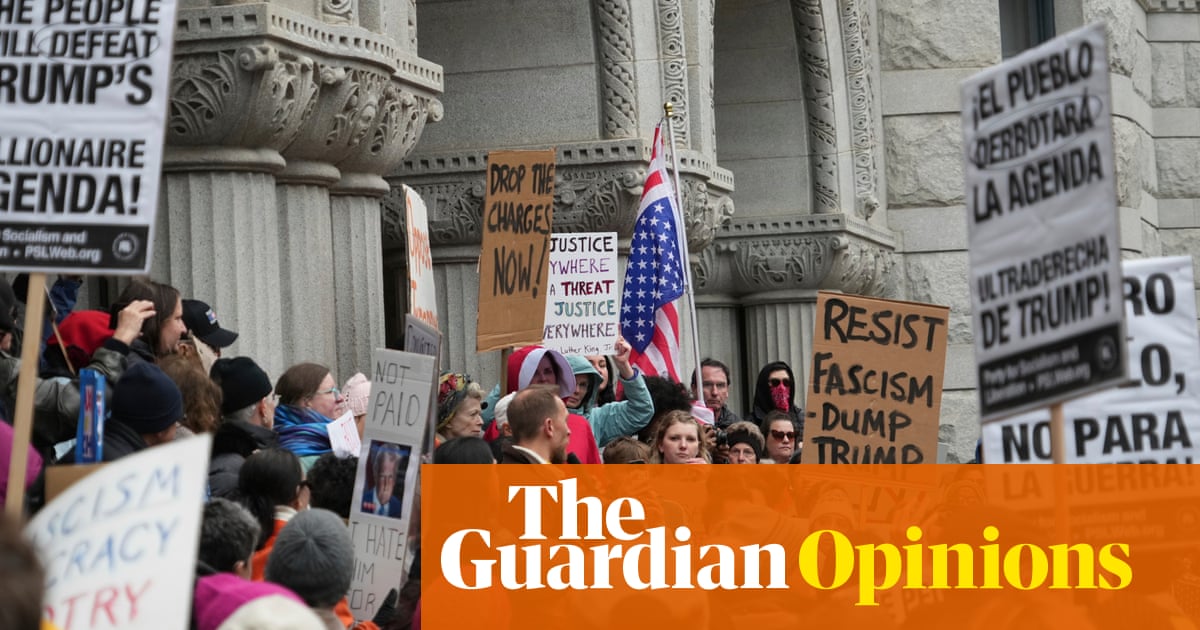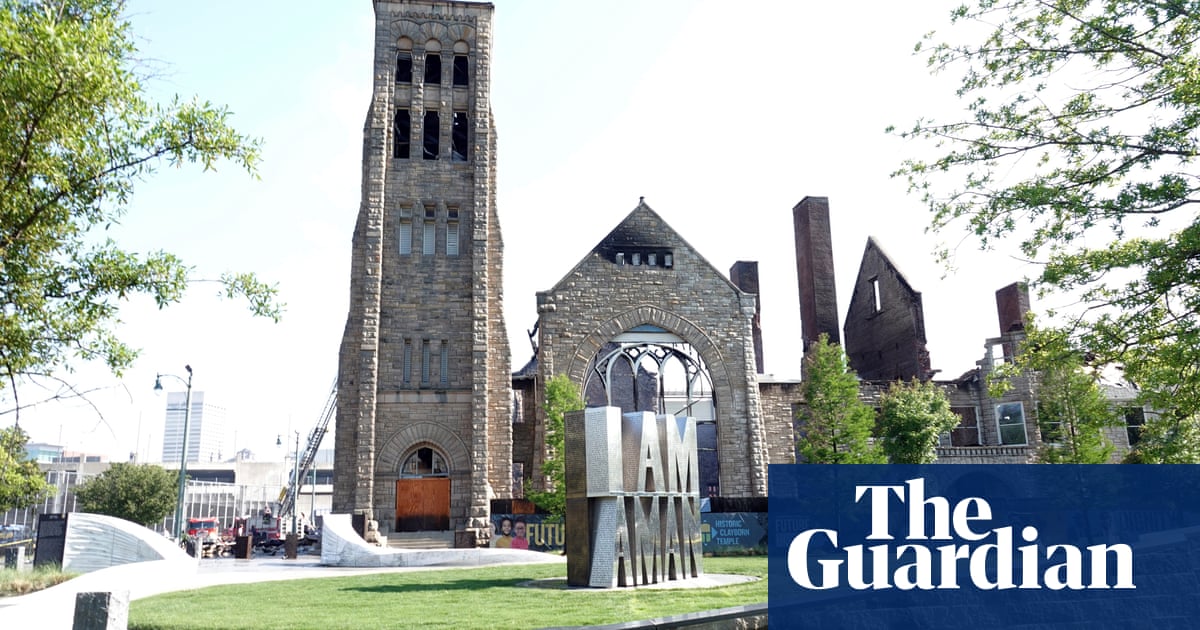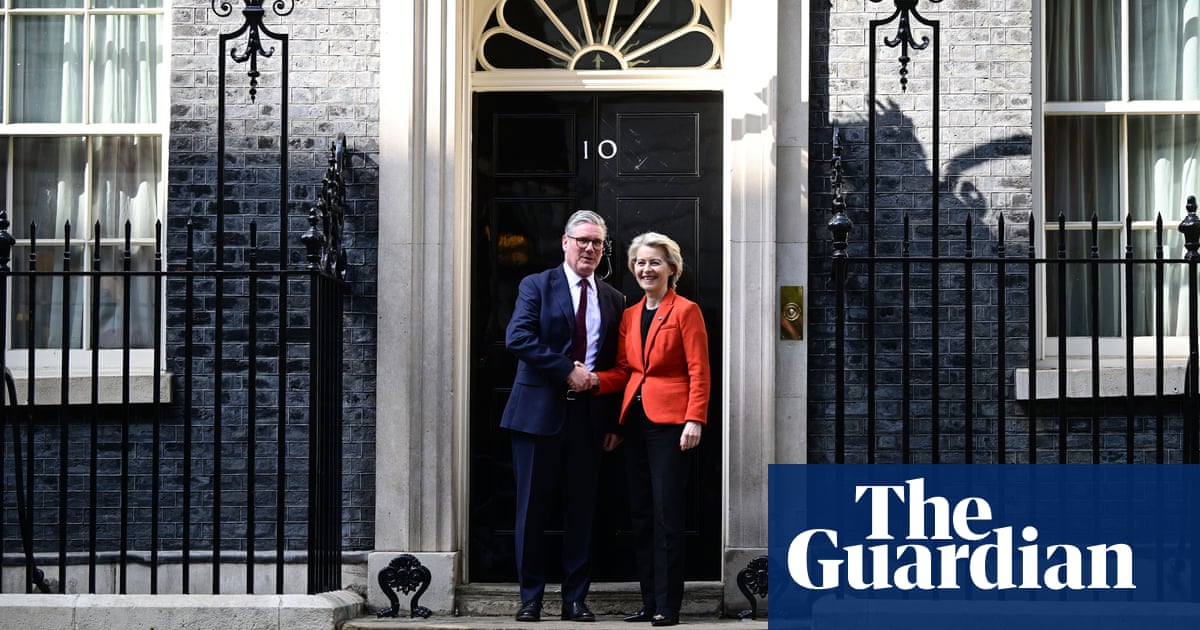This week’s local elections in England find the two great parties of the 20th century locked in slow‑motion collapse, as a surging populist right, resurgent liberals and a fragmented progressive left scramble for survival. Labour may have won last year’s general election, but it is haemorrhaging enthusiasm. The Conservatives are debating whether their best chance lies in negotiating with Nigel Farage, who is feeding on their weakness. English politics isn’t shaking so much as crumbling, too busy fighting itself to notice.
The polls could yet be wrong, but that looks unlikely. The narrative may be set by a crucial byelection in Runcorn and Helsby, where Reform UK is riding voter anger and is the favourite to overturn Labour’s 14,700 majority. Even a close result would be small comfort for the governing party. The gamble of Labour’s election guru, Morgan McSweeney, was to chase a thin sliver of the party’s Reform-minded voters. But this risks alienating the party’s progressive base, while failing to win over those already lost.
Labour’s woes, though, will be overshadowed by those of the Conservatives. They look set to lose hundreds of councillors on Thursday – squeezed by Reform from the right and the Lib Dems from the left – with consequences for their control of the 16 contested county and unitary councils they currently run. The last time these seats were contested, the Conservatives were riding high in the polls – not much consolation now. Panic is setting into Tory ranks, as MPs confront not just heavy defeat but existential collapse in a party paralysed by public arguments over its future.
A new political settlement may emerge before the next general election in 2029. The Conservatives could by then find themselves negotiating a second “coupon election”, recalling the 1918 pact where candidates from different parties fought under a shared banner simply to prevent mutual annihilation. The comparison feels apt. The polling expert Sir John Curtice warns that British politics faces its biggest challenge in a century.
The logical response would be a shift toward proportional representation – and to recognise that no single party can now easily claim majority support. Yet the opposite is happening: the move to first-past-the-post in mayoral elections, pushed through by Boris Johnson’s government and meekly accepted by Labour, will now magnify the distortions of an already broken system. Progressives, who might have thrived under the old supplementary vote system for mayors, will instead pay a heavy price. In newly contested mayoralties like Lincolnshire and Hull and East Yorkshire, where Reform’s vote last July often topped 20%, first-past-the-post all but clears the path to victory for Mr Farage’s party.
Persuasion UK, a polling outfit, is correct in cautioning that Labour risks focusing too much on the populist right. Only 11% of Labour’s 2024 voters are open to backing Reform, but many more Labour voters would support the Greens (29%) or the Lib Dems (41%). If the party loses the West of England mayoralty to the Greens – or wins by a whisker – it bears out that warning. Labour gains most when voters see it as the only alternative to Mr Farage’s brand of Trumpian politics. Labour ought to back electoral reform. But it should also moderate its language on asylum and immigration, spend big on public services, dodge culture wars – and make every fight a choice between it and Reform.
Do you have an opinion on the issues raised in this article? If you would like to submit a response of up to 300 words by email to be considered for publication in our letters section, please click here.

.png) 3 hours ago
5
3 hours ago
5













































